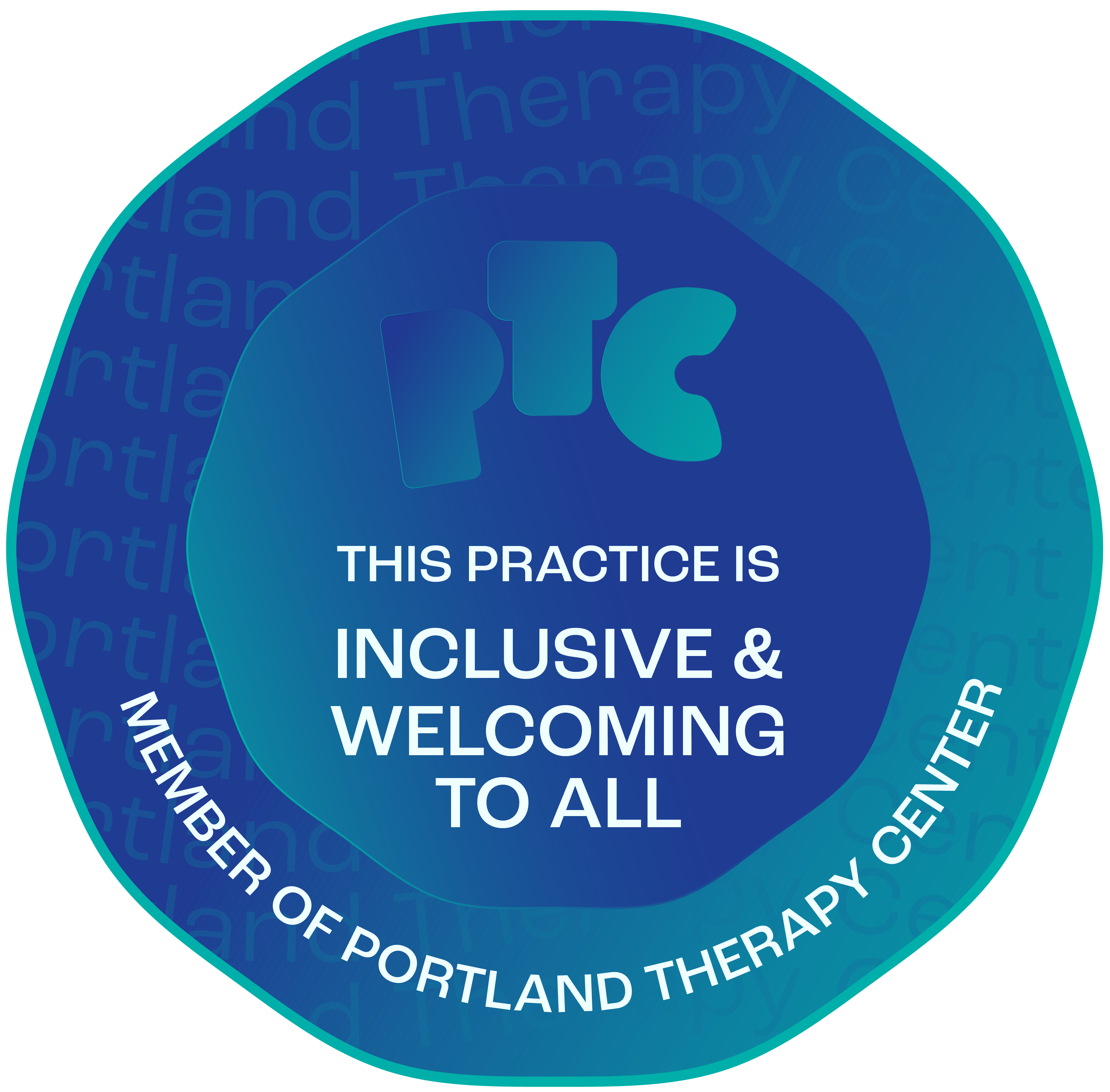
Benefits of Treatment for Complex Trauma

Complex trauma refers to a type of trauma that is prolonged, repeated, or multiple, and often involves interpersonal abuse, neglect, or violence. The effects of complex trauma can be severe and can lead to a range of mental health problems such as depression, anxiety, post-traumatic stress disorder (PTSD), dissociation, and personality disorders. Treatment for complex trauma is crucial in helping individuals recover from these debilitating effects.
Some of the benefits of treatment for complex trauma include:
- Reduction of symptoms: Treatment for complex trauma can help reduce symptoms such as flashbacks, nightmares, anxiety, and depression. This can lead to a better quality of life for the individual and improved functioning in various areas of life such as work, school, and relationships.
- Improved self-regulation: Individuals who have experienced complex trauma often struggle with regulating their emotions and behaviors. Treatment can help them learn skills to manage and regulate their emotions, which can improve their ability to cope with stress and reduce impulsive or self-destructive behavior.
- Increased sense of safety: One of the core issues for individuals who have experienced complex trauma is feeling unsafe. Treatment can help them develop a greater sense of safety in their environment and within themselves, which can reduce feelings of fear and anxiety.
- Improved interpersonal relationships: Individuals who have experienced complex trauma often struggle with trust and forming healthy relationships with others. Treatment can help them develop skills for building and maintaining healthy relationships, which can improve their overall quality of life.
- Enhanced self-esteem and self-worth: Complex trauma can lead to feelings of shame, guilt, and low self-worth. Treatment can help individuals develop a more positive sense of self and increase their self-esteem, which can lead to a greater sense of empowerment and overall well-being.
In summary, treatment for complex trauma can have numerous benefits, including symptom reduction, improved self-regulation, increased sense of safety, improved interpersonal relationships, and enhanced self-esteem and self-worth. It is important for individuals who have experienced complex trauma to seek out appropriate treatment from qualified professionals to help them on their path to recovery.



